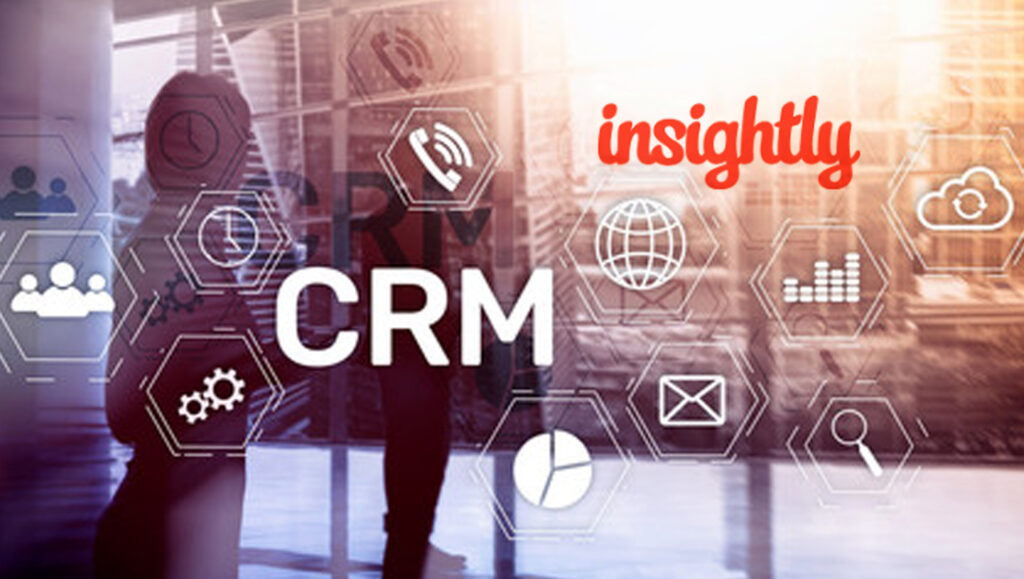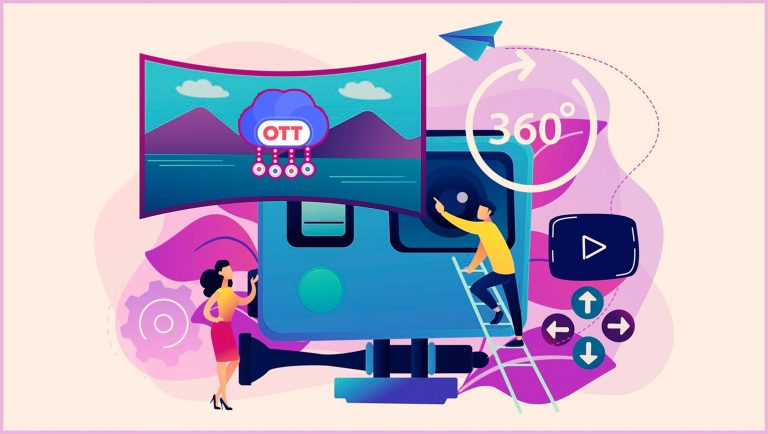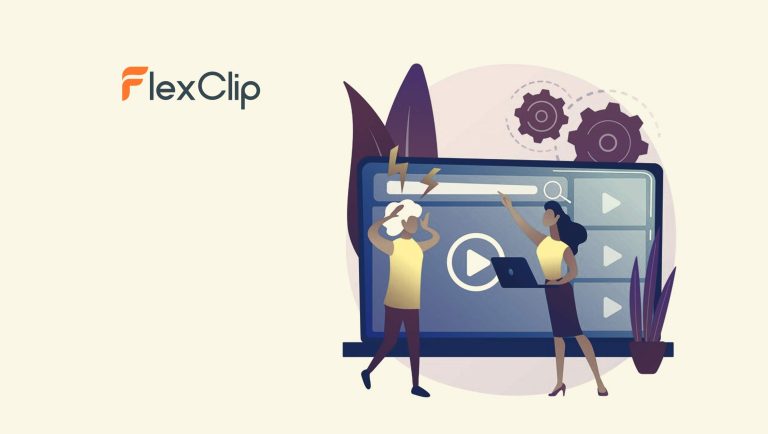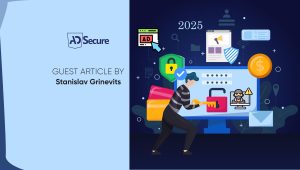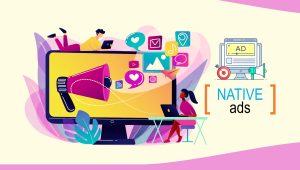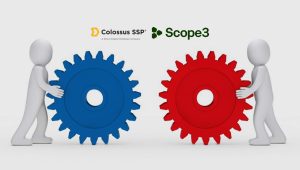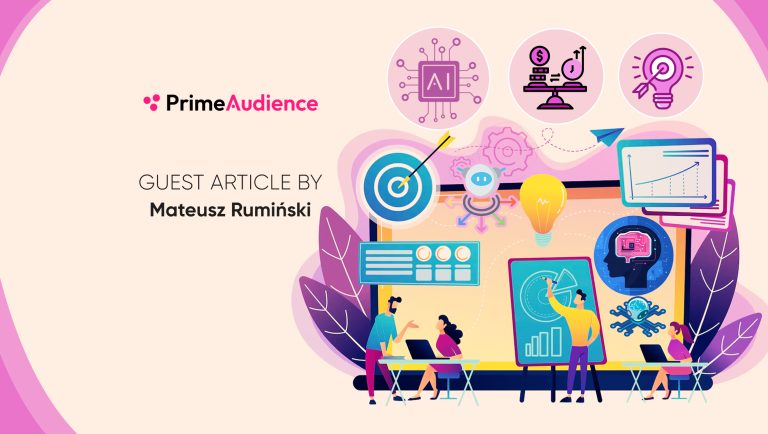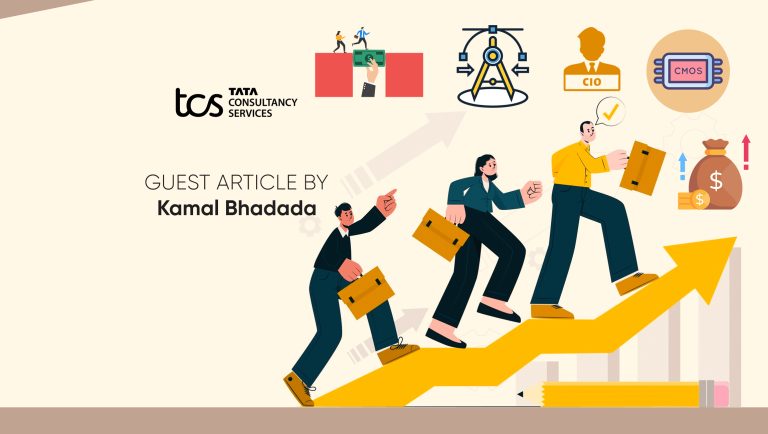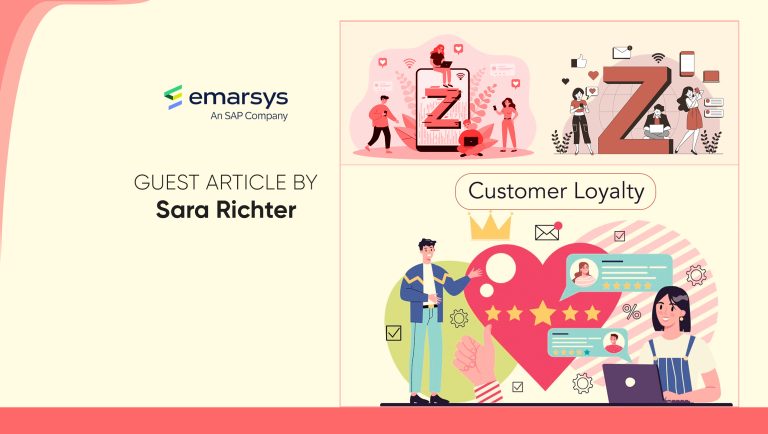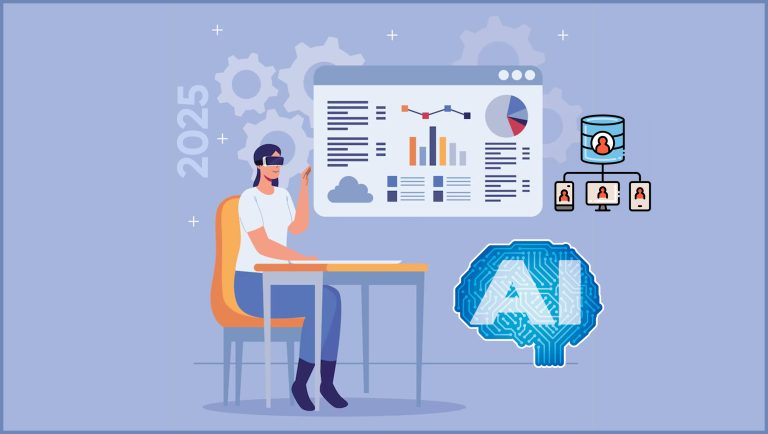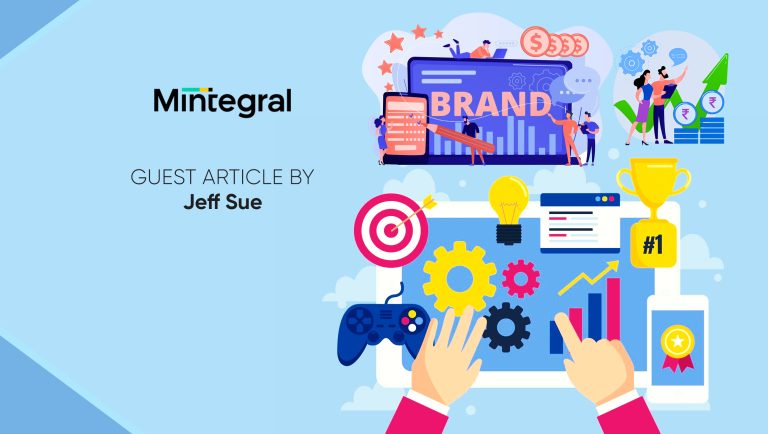Leader in CRM Finds Outdated Systems Lead to High Costs, Hidden Fees, and Integration Issues
Insightly, the modern, affordable CRM teams love, aims to help fast-growing businesses evaluate their software platforms with the release of its Insightly Modern CRM Checklist. The goal is to help businesses evaluate and understand how CRM software should evolve with the changing needs of customers and asks about features including mobile access, implementation, customization, cost, security, and more. With customer expectations at an all-time high and to remain competitive, businesses must provide a seamless, personalized experience at all times, which cannot be done with Legacy CRMs. It’s no wonder that a recent Insightly survey found that 79 percent of companies are dissatisfied with their current CRM software.
“Insightly’s Modern CRM Checklist is designed to help businesses identify key capabilities that are missing from their software and are needed to stay competitive.”
“Many companies are still using outdated CRM systems and are overpaying for them, yet still not getting what they need. This hinders their ability to drive growth or to provide superior customer experiences,” said Anthony Smith, CEO of Insightly. “Insightly’s Modern CRM Checklist is designed to help businesses identify key capabilities that are missing from their software and are needed to stay competitive.”
Marketing Technology News: Persistent Establishes Dedicated Microsoft Viva Practice Integrated with Generative AI
To ensure companies are addressing customer needs in 2023, their CRM platform should deliver all eight of the following features:
- -A predictable (and low) cost: Legacy CRMs have high initial fees and many hidden costs, which can lead to companies spending five times more than the software itself. A modern CRM is affordable, with no surprises in pricing down the road.
- -Scalable and flexible: While Legacy CRMs will be limited in their scope as your business grows and needs change, a modern CRM will do the opposite – since they were built for businesses of all sizes, the platform is flexible and scalable, so it will grow with you.
- -Customization options at a low cost: There is no such thing as “one CRM fits all” anymore. A modern CRM has options to customize that are simple and included in the initial fee without requiring costly add-ons or time-consuming additional training.
- -Mobile access: Between remote work, in-person training, trade shows, and off-site sales meetings, having on-the-go access to CRM is critical. Your employees must be able to pull up their pipeline from anywhere and anytime. A lack of mobile access will not only make your company seem outdated, but it might also cost you a new business lead when out in the field.
- -Easy implementation regardless of location or department: The pace at which people do business today means they don’t have time for the complicated, time-consuming CRM software training of yesteryear. Plus, with many employees working remotely, in-person training is no longer viable. A modern CRM is easily implemented across your company without needing a consultant or full-time CRM employee to assist. In addition, a modern CRM takes only four to eight weeks to implement. Legacy CRMs, on the other hand, take up to six to 12 months!
- -Easy integration with other daily tools: While it used to be that businesses would export CRM data to other internal business tools, those days are long gone. A modern CRM should integrate easily with your other business tools – as in 500+ vendors – because it is built to do so.
- -Additional applications available: Modern CRMs have add-on options such as marketing automation or customer service applications with low or no-code integrations to help align go-to-market teams around a single view of the customer. These applications are all part of a unified platform and shared database, so information flows freely among teams.
- -Security as a top priority: One of the main and arguably most important differences between legacy and modern CRMs is the security feature. When Legacy CRMs were created, this wasn’t much of an issue, so the platform wasn’t built with this in mind. And trying to retrofit older systems is not only difficult, but it can also lead to vulnerabilities. Modern CRMs use features such as SOC 2 Type II certification, two-factor authentication, encryption of data in transit and at rest, HIPAA compliance, GDPR compliance, and EU/US Privacy Shield to keep your data secure and protect your customers.
“For a company of our size and focus, a legacy CRM like Salesforce would have constrained us too much. The beauty of Insightly is its intuitiveness, which gives us a tremendous amount of immediate value. And its flexibility means we can plan for enhancements to the system in the morning and have the changes implemented by the afternoon,” said Kevin Corne, COO of Sullivan and Stanley. “There’s no way to realize benefits that quickly with Salesforce because it’s not built for speed.”
As a result of the increased demand for Insightly’s modern approach, the platform saw steady, high-level growth across the board in 2022, with a 63 percent YoY growth in customers adopting multiple products across CRM, Marketing, Service, and AppConnect products in our unified platform.
Marketing Technology News: MarTech Interview with Baba Diallo, Director of Creator Relations at Calaxy

